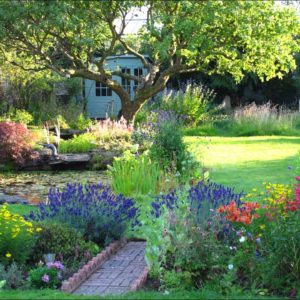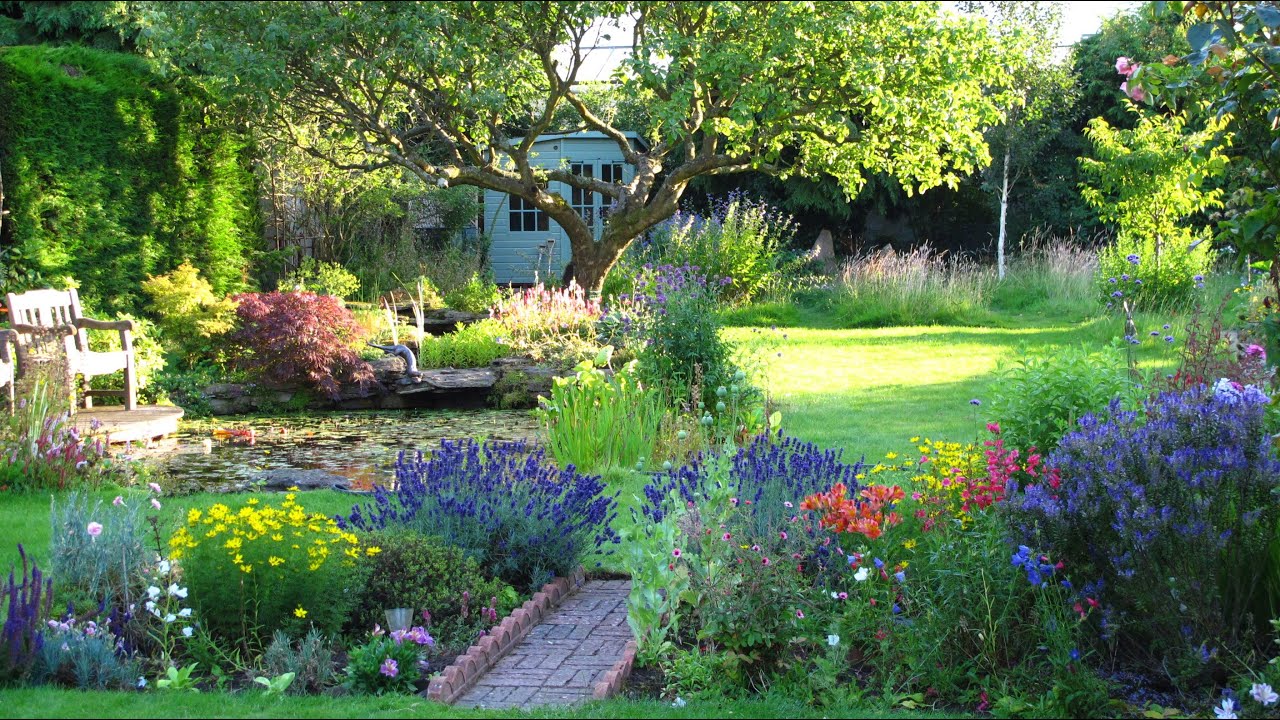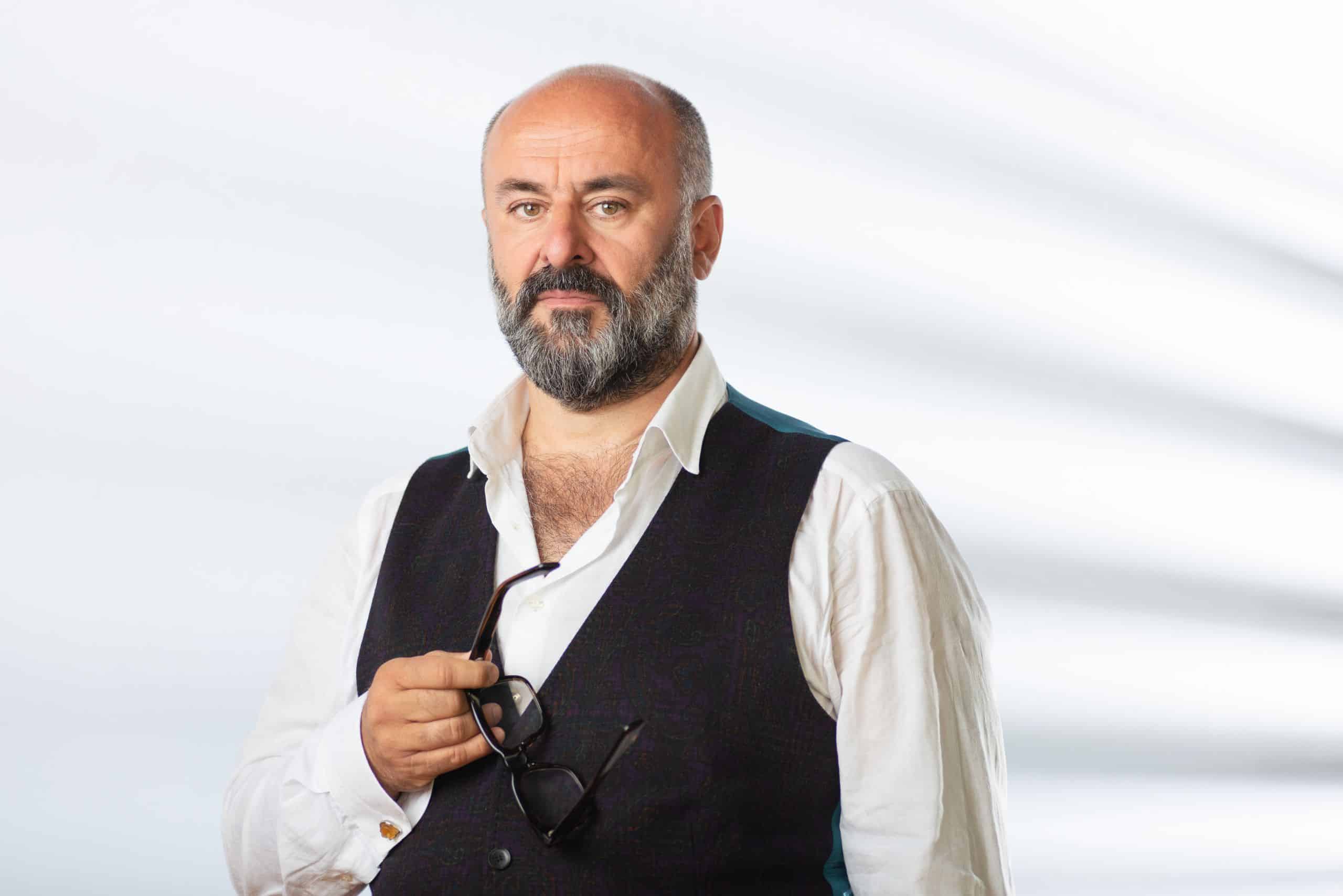What immigrants need to learn about English music
mainThe following extract is drawn from Life in the United Kingdom, A Guide for New Residents (3rd edition, 2013), produced by the Home Office. It is the required text to be studied and learned in order to pass the test to become a permanent resident or citizen of the UK.
Here’s what you need to know:
Classical music has been popular in the UK for centuries. Henry Purcell (1659-95) was the organist at Westminster Abbey. He wrote church music, operas and other pieces, and developed a British style distinct from that elsewhere in Europe. He continues to be influential on British composers.
The German-born composer George Frederick Handel (1685-1759) spent many years in the UK and became a British citizen in 1727. He wrote the Water Music for King George I and Music for the Royal Fireworks for his son, George II. Both these pieces continue to be very popular. Handel also wrote an oratorio, Messiah, which is sung regularly by choirs, often at Easter time.
More recently, important composers include Gustav Holst (1874-1934), whose work includes The Planets, a suite of pieces themed around the planets and the solar system. He adapted Jupiter, part of the Planets suite, as the tune for I owe to thee my country, a popular hymn in British churches.
Sir Edward Elgar (1857-1934) was born in Worcester, England. His best-known work is probably the Pomp and Circumstance Marches. March No1 (Land of Hope and Glory) is usually played at the Last Night of the Proms at the Royal Albert Hall.
Ralph Vaughan Williams (1872-1958) wrote music for orchestras and choirs. He was strongly influenced by traditional English folk music.
Sir William Walton (1902-83) wrote a wide range of music, from film scores to opera. He wrote marches for the coronations of King George VI and Queen Elizabeth II but his best-known works are probably Façade, which became a ballet, and Balthazar’s Feast, which is intended to be sung by a large choir.
Benjamin Britten (1913-76) is best known for his operas, which include Peter Grimes and Billy Budd. He also wrote A Young Person’s Guide to the Orchestra, which is based on a piece of music by Purcell and introduces the listener to the various different sections of an orchestra. He founded the Aldeburgh festival in Suffolk, which continues to be a popular music event of international importance.”

All of the composers are English, no Scots, Welsh or Irish.
Feel free to fume.






This is probably much more than your Englishman in the street knows about English music.
Correct me if I’m wrong.
(and why not Sullivan?)
That’s the case for every topic on the Life in the UK test. It’s a joke.
More than the average British native knows about British *classical* music; there are other genres. But why not read the whole Arts and Culture section? Sullivan gets a mention under Theatre (musical theatre). https://lifeintheuktest.net/4-5-arts-and-culture/
Perhaps the thing to do would be to select 100 native-born Brits at random each day, make them take the test, and expel those who didn’t reach the 75% pass mark, thus making room for better educated immigrants. The civil servant responsible for Balthasar’s Feast might be the first to go.
“select 100 native-born Brits at random each day, make them take the test, and expel those who didn’t reach the 75% pass mark”
I can say with some authority, and probably more authority than you, that “diverse” areas would virtually cease to exist.
Good attempt at stirring up controversy and division.
I’m as Scottish as they come but my list would probably be more or less the same.
No James MacMillan? Surely the most successful of living UK composers.
I think ALW might take issue with that claim, but I don’t think success should a factor. I’d certainly rank James MacM over ALW in terms of talent.
I would have said Adès or Benjamin – certainly in terms of international profile & number of performances.
Increase the list to 10+ and more non-English names would appear but, as things stand, no.
As a basic, not exhaustive, list of British composers for the layman who knows nothing about British composers, it’s correct, except for maybe leaving out William Byrd.
Tallis? Dowland?
Once again: basic, not exhaustive, list of British composers for the layman who knows nothing about British composers (or classical music in general), and has to learn a few to be tested on.
Good point. The list is overweighted in the 19th and 20th centuries. The British should should be very proud of their 16th century music.
And John Dunstaple!
William Byrd? I don’t count anyone before 1700 as a real composer. Before that music was more like caveman sounds of grunting and smashing rocks and stick together. Wasn’t it?
“caveman sounds of grunting and smashing rocks and stick together.”
Said the troglodyte in residence.
I count it as a compliment when I’m insulted by a moron.
“Classical music has been popular in the UK for centuries.”
It wasn’t “classical music” at the time, was it? It was just music. It wasn’t distinct from what Tom Lehrer called “rock ‘n roll and other children’s records.”
Well, the nation’s strong folk music tradition dates back for centuries, but almost none of the repertoire is extant, as it was largely improvised and rarely notated music.
I certainly think pibroch deserves a mention — but is that folk or art music? Anyway, I agree with what I think Aiwass is implying — the current balkanization of music is damaging and deplorable.
The French citizenship oral exam requires you to name 3 classic French dishes.
I said “couscous” (which by the way, *is* the most popular dish in France according to a recent survey).
That didn’t go over too well with the examiner.
Thank God there is no musical portion to the French exam, imagine having to listen to Lully and Boulez to pass…
I’d much rather listen to Rameau, Ravel and Dutilleux 😛
US-Americans applying for French citizenship should be required to know about Nadia Boulanger.
Most of them probably studied with her anyway.
Lully was Italian
D’you know, I never knew that – but you’re right! Thank you! We learn something new every day (as Paul Torlelier said when handing back my score of the Bach cello suites having just signed it).
The great, late Angélique Ionatos, recently bemourned in these columns, used to quip on Greek national clichés thus:
« La boisson nationale grecque — c’est le café turc.
Le plat national grec — c’est l’ İmam bayıldı. »
A Greek coffee perhaps more common in Greece than the Greek/Turkish variety goes by the very Greek name “café frappé”.
Parlez vous français. That’s easy – French onion soup, French toast, French fries.
“Parlez vous français”
*cough* *Parlez-vous* *cough*
“That didn’t go over too well with the examiner.”
Who might have thunk! (Not that I could’ve resisted, either.)
“3 classic French dishes”
Hmm. Crêpes. Coq au vin… And… more crêpes? Croque Zombi! Booyah!
It’s not a bad list, although I’m puzzled at this being central to citizenship. One can always find fault, if one is so inclined. Personally, I’d have chosen Byrd in place of Walton. I recall some German friends getting cross at the suggestion that Handel was English.
“I recall some German friends getting cross at the suggestion that Handel was English.”
So presumably, their immigrants could not be German?
I acquired US citizenship aged 65. With my accent, my reference to filling my car with petrol and my prediliction for driving on the left, not many people out here regard me as American.
Why on earth did you do something so foolhardy?
What with Pritti Patel’s English Channel drowning program, the rise of the English far right, institutional racism and overall hostile environment, those immigrants won’t worry too much about brexit England’s culturally parochial view of itself.
Well, good morning to you:)
“Pritti Patel’s English Channel drowning program”
Nothing to do with France or the people traffickers then?
Well, if the UK Home Secretary instructs the British Coast Guard and the British Royal Navy to drown people, the least they could do is own their inhumane and illegal decision.
A reference, please.
Have you been a moronic ****head all your life or did you do a specific academic course to qualify? And do remember that the vote as LOST and you would no doubt feel at home in a country that embraces the cultural diversity and wokeness that you seek. As they used to say in Lancashire “get thyself hence in short jerky movements”
Troll time.
No, just someone who gets a bit pissed off with self righteous and patronising arsholes who continue to lecture me about how unsavoury the UK allegedly is, but I remain staggered that thousands still want to come to come to this hell hole of a Brexit country with its so called institutional racism and parochial culture. As I said previously there are plenty of planes leaving for foreign destinations………….
“No, just someone who gets a bit pissed off with self righteous and patronising arsholes”
What here? Surely not.
Lord Berners? Peter Dickinson?
You would be lucky to find one Englishman in 10,000 who knows who Peter Dickinson is. I say this as someone with Dickinson albums in his collection.
http://orelfoundation.org/journal/journalArticle/exiled_austr039_great_britain
What immigrant musicians really ought to learn, namely from the experience of a previous generation of refugees.
More than any school child has needed to know since the 1980’s. But it leaves out the European music that is traditionally our shared culture- how is someone coming from a culture where music itself is haram going to meaningfully get involved when this is not introduced to them in schools? Why is time and money still wasted on “first a beat then add layers” to tick a “composition” box when they can’t/won’t sing even a hymn or folk-song, and have only heard classical music in adverts if at all. It’s too late now, as the overwhelming majority of children of the non-european immigrant population were not educated at all on their birthright (being born here) to our music traditions. Much much too late now- we have integrated to theirs- when the Oxford University syllabus is being changed so you don’t need to read music- you used to have to be able to write out a fugue in exam conditions! The present day academics talk about things they are not even proficient in! Someone got this absurd “English music for English people” syllabus that skips 1759-1874 out of a book to tick a box, as if Haydn, Mozart and Beethoven never happened- not a single piece of the period which all of the composers in that list Holst onward would have considered the most basic and “classical”.
Wot! No Albert Ketėlbey?
Shocking!
Ketelbey, yes, inspired suggestion. But why not inject a viva voce element to the proceedings perhaps based on one of the UK’s world-beating quiz formats. Name the composer of each of the following: Fairest Isle, Rule, Britannia! and The Dam Busters March. Bonus points if you can sing the opening phrase of each in Tonic Solfa.
I am interested to see that War Requiem is not included in the list on gov.uk
Tippett?
Hamish MacCunn’s “The Land of the Mountain and the Flood” is a beautiful piece.
It’s musically vapid. It takes the two great clichés of British music – the so-called Scotch Snap and an over-reliance on sequences and milks them for far more than they’re worth. And it’s as Scottish as the clan tartan – a 19th century confection.
I’ve just noticed that they’ve invented a new oratorio by Walton. Not much hope for the immigrants if the govt can’t get it right.
How much that remark could apply to!
Balthazar? Hmm… Hope the test doesn’t ask about him.
Right. Everyone knows it’s Balshazzar’s Feet.
[Right. Everyone knows it’s Balshazzar’s Feet.]
Not “fist”? The one he used to write on the wall?
I’m not going to fume too much about the list of composers although, as others have said, there are a few notable exceptions (Grace Williams, Alun Hoddinott, Daniel Jones or William Mathias could have represented Wales, for example).
I’m only going to quietly steam about Balthazar’s Feast and I Owe to Thee My Country (did they not think to look at the Junior Oxford Companion to Music to do a fact/spell check?).
I’m slightly irked about the fact that they couldn’t name a piece by RVW. After all, The Lark Ascending is hardly known at all!
What I’m most annoyed about is that the government seems to want to celebrate the UK’s classical music tradition to potential new arrivals, while simultaneously not seeming to give a fig about it “on the ground”. Now I’m fuming!
A propos RVW, if they’d picked the Tallis fantasia, they’d have named another British great in as well.
Fume? I’m pleasantly surprised that they thought to include classical music!
And then along came a group of shaggy haired kids calling themselves “The Beatles” which made all of the above mostly irrelevant for the next two generations…
They were very decently coiffed when they started.
Yes, but we didn’t think so at the time!
I would have been happy to see Frank Bridge included in this list of canonized composers….
Questions on Andy Stewart and the White Heather Club for the Scots! Harry Secombe for the Welsh and Brendan Grace for the Irish… ha, ha, ha!
not surprised they got Belshazzar wrong. The Remainers didn’t see the writing on the wall, after all …….
“An” oratorio by Handel.
Nothing really interesting after the great William Byrd (Händel was German).
No Welsh, Scots or Irish, but 1 German and 1 other of Baltic descent. Not fuming though.
That’s not the latest, Patel, version.
Why not Richard Rodney Bennett?